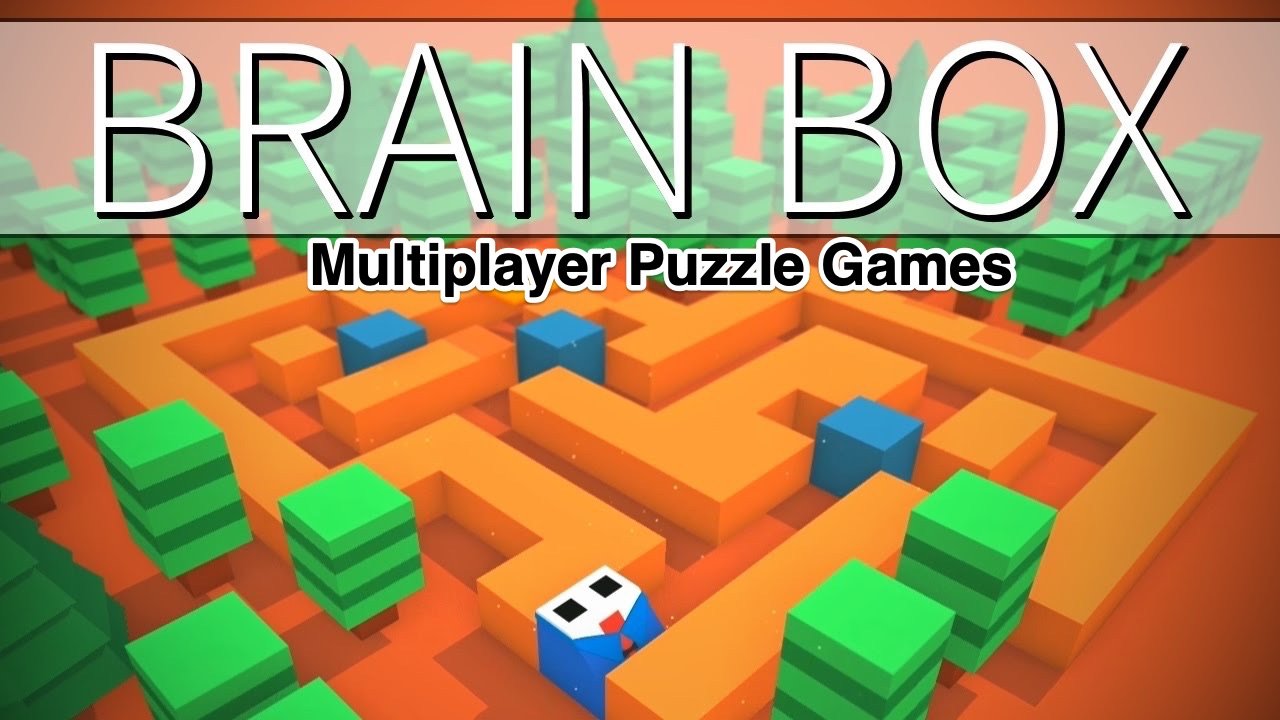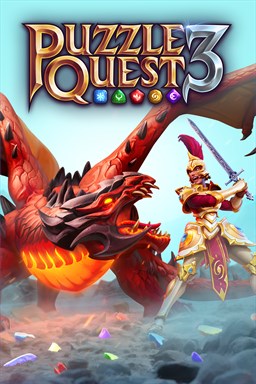Test Your Strategic Skills in one of the most Engaging Multiplayer Games
In the ever-evolving landscape of multiplayer gaming, tactical abilities are the foundation of success, offering gamers a chance to display their tactical expertise across various categories. From the high-stakes intensity of real-time technique face-offs to the precise planning needed in turn-based tactical battles, each video game presents an one-of-a-kind challenge that evaluates the limits of calculated thinking. As gamers participate in team-based competitors or cooperative experiences, the requirement of quick decision-making and collaboration comes to be obvious. What genuinely establishes these video games apart, and just how do they push your calculated capacities beyond traditional limits? The solutions await expedition.
Real-Time Strategy Showdowns
Real-time method (RTS) showdowns have long been a cornerstone of involving multiplayer gaming, fascinating players with their blend of tactical depth and fast-paced decision-making. These games call for gamers to take care of sources, build militaries, and develop intricate methods in real-time, usually against similarly competent challengers. The continuous pressure to adapt and exceed opponents in a dynamic setting is what establishes RTS games apart, making them a favored amongst competitive players.
One of the defining features of RTS face-offs is the emphasis on multitasking and resource monitoring. Players have to designate their interest across different jobs, such as gathering sources, building structures, and releasing units strategically across the field of battle. This requires quick reflexes and an acute capability to prioritize actions, usually resulting in intense, adrenaline-fueled suits.
Significant RTS games such as "StarCraft II," "Age of Empires," and "Command & Conquer" have left enduring marks on the category, supplying diverse gameplay mechanics and richly comprehensive worlds. Multiplayer puzzle games for free. These titles have actually grown specialized communities and affordable scenes, where players refine their skills, research study methods, and participate in high-stakes events. The attraction of RTS showdowns lies in their ability to test gamers' critical acumen and reflexive prowess in equal step
Turn-Based Tactical Battles
Turn-based tactical fights captivate gamers with their methodical technique to method, contrasting the unbalanced pace of real-time interactions. These games use players the opportunity to deliberate over each action, promoting a chess-like environment where foresight and mindful preparation are extremely important. Players need to anticipate their challengers' activities, adapt to advancing circumstances, and execute well-thought-out techniques to secure victory. This style emphasizes the value of calculated deepness, rewarding those that can think numerous actions ahead.
In multiplayer settings, turn-based tactical fights come to be fields for intellectual duels. Competitors participate in detailed mind games, forecasting and countering each various other's approaches with accuracy. Popular video games like "XCOM 2" and "Civilization VI" exemplify this gameplay, encouraging gamers to take into consideration every possible variable prior to committing to a course of activity. The asynchronous nature permits thoughtful decision-making, making each experience a test of wits and patience.
Furthermore, turn-based tactical battles often include varied devices and capabilities, adding layers of intricacy to every suit. Gamers need to balance offending maneuvers with protective tactics, manage sources sensibly, and maximize the possibility of their pressures. This style's long-lasting charm lies in its ability to challenge gamers' calculated acumen in a controlled, calculated setup.
Cooperative Approach Experiences
Beyond the cerebral duels of turn-based tactical fights exists the world of participating strategy experiences, where synergy and cooperation take center stage. These video games call for gamers to collaborate in the direction of typical objectives, leveraging each player's unique abilities and staminas to conquer obstacles. website link The emphasis shifts from individual prowess to collective analytical, making interaction and control vital elements of success (Multiplayer puzzle games for free). Titles such as "Overcooked" and "Deep Rock Galactic" exemplify this style, emphasizing the need for gamers to integrate their approaches and actions.

The allure of cooperative technique experiences lies in their capacity to enhance interpersonal abilities while supplying a challenging and appealing gameplay experience. These games Get More Info cultivate a sense of unity and common purpose, using players a satisfying alternative to typical competitive gaming landscapes.
Affordable Team-Based Obstacles
Competitive team-based obstacles present a dynamic arena where gamers match their skills versus opposing groups, highlighting both specific talent and smooth group coordination. These games require individuals to stabilize personal prowess with strategic partnership, cultivating a distinct environment where teamwork is extremely important. Success in such settings typically rests on the ability to communicate properly, carry out well-planned strategies, and adapt promptly to unraveling circumstances.
The engaging nature of these obstacles appears in the diverse series of video games that offer team-based competition. Titles like "Organization of Legends," "Overwatch," and "Counter-Strike: Global Offensive" are at the forefront, each supplying distinct gameplay mechanics that demand cohesion and tactical acumen. In these arenas, the group's performance is as vital as the private payments of its participants, making every function substantial to the general end result.
In addition, competitive team-based games grow a sense of friendship and shared success. Players need to find out to depend on and rely upon each various other, creating bonds that enhance the gaming experience. The stress of dealing with formidable challengers better increases the thrill, guaranteeing that individuals click to find out more are frequently tested to elevate their tactical thinking and gameplay implementation.
Mind-Bending Problem Battles
While affordable team-based difficulties highlight cooperation and technique, copyright puzzle confrontations supply a various sort of intellectual involvement, concentrating on individual analytic and cognitive expertise. These video games test the limits of logical reasoning and creative thinking, calling for players to browse complicated situations and solve complex puzzles. Unlike team-based games, the emphasis here is on individual achievement and imagination, typically under the pressure of time constraints or escalating difficulty levels.
One of the most appealing aspects of puzzle battles is their ability to promote cognitive functions. Players need to work out spatial reasoning, logical reduction, and pattern recognition. Titles such as "The Witness" and "Portal 2" work as essential instances, testing gamers with multidimensional challenges that require deep concentration and ingenious methods. These games not only captivate but likewise boost important believing skills and cognitive versatility.
In addition, multiplayer challenge games introduce an one-upmanship by permitting players to pit their problem-solving abilities versus others. Games like "Keep Talking and No one Explodes" need gamers to communicate efficiently to solve puzzles en masse, mixing the adventure of competition with the satisfaction of collective accomplishment. Inevitably, these games provide an enriching experience, honing critical thinking in a distinctly engaging atmosphere.
Verdict
Finally, the diverse range of multiplayer video games uses a phenomenal system for developing calculated abilities across numerous genres. Real-time technique showdowns like "StarCraft II" demand quick decision-making and resource administration, while turn-based tactical battles highlight methodical preparation. Cooperative technique experiences such as "Deep Rock Galactic" highlight teamwork and collaboration, whereas competitive team-based obstacles, including "Organization of Legends," need control and versatility. These dynamic settings jointly promote the advancement of tactical reasoning, enhancing both cumulative and individual video gaming experiences.
These video games need players to handle resources, develop militaries, and design complicated approaches in real-time, commonly versus equally knowledgeable challengers. These games call for players to function with each other towards common purposes, leveraging each player's distinct abilities and staminas to overcome difficulties.In cooperative approach video games, gamers frequently assume roles with details obligations, necessitating a deep understanding of their very own abilities as well as those of their colleagues. The dynamic nature of these video games needs versatility, as players should adjust their strategies in real-time to suit progressing situations.
